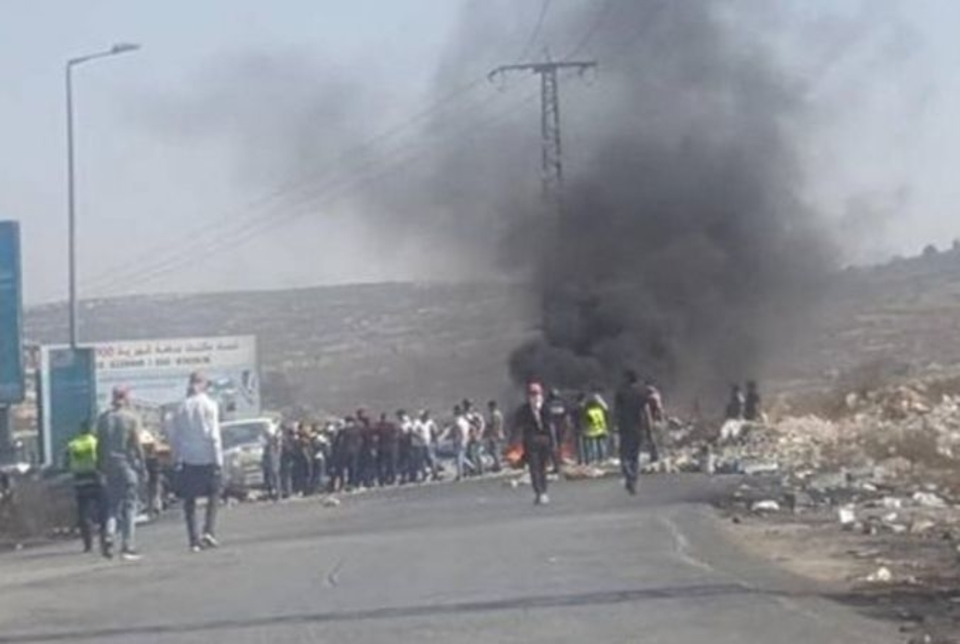Israeli security forces injured dozens of Palestinians who were protesting a raid on the home of Samer Arbid, a resident of Ramallah who has been hospitalized following torture while in detention. The firing on the protesters took place in the Attira neighborhood of Ramallah. Clashes also took place in the town of Surda, north east of Ramallah.
Arbid was picked up by Israeli special forces on September 25 from his workplace in Ramallah. He was viciously assaulted with guns while being arrested. The Israeli domestic intelligence agency Shin Bet reportedly brutally tortured Arbid while he was being held at the al-Mascobiyya interrogation center in Jerusalem.
Arbid’s lawyer, who was only allowed to see him once in the middle of the night on September 29, revealed that Arbid was unconscious, had several broken ribs, bruise marks all over his body, and that he was suffering from kidney failure. Arbid was admitted to the Hadassah hospital in Jerusalem on September 27. When he was admitted, he complained of severe pain, frequent vomiting and an inability to consume food.
Sahar Francis, the director of Addameer, a Palestinian non-governmental organization for prisoner support and human rights, submitted a letter to the International Committee of the Red Cross (ICRC ) on October 1, demanding its immediate intervention in the case.
On October 1, protesters gathered outside the Hadassah hospital, demanding Arbid’s release. Israeli police arrested detained two of them.
More than 5,700 Palestinians are currently languishing in Israeli jails, including 500 who have been placed under administrative detention, meaning that they can be held without any charge or trial, for indefinite periods of time.





